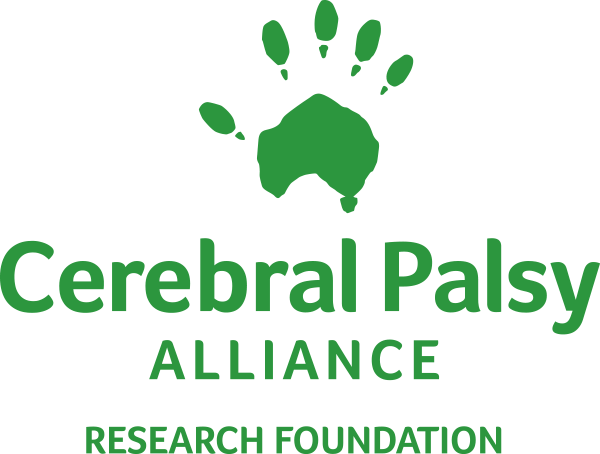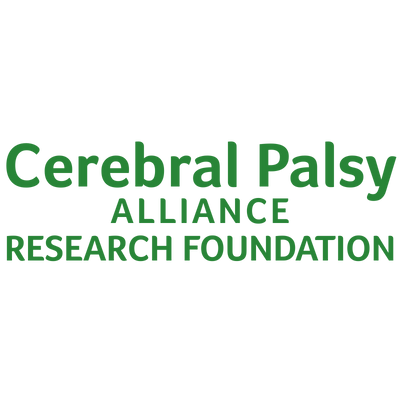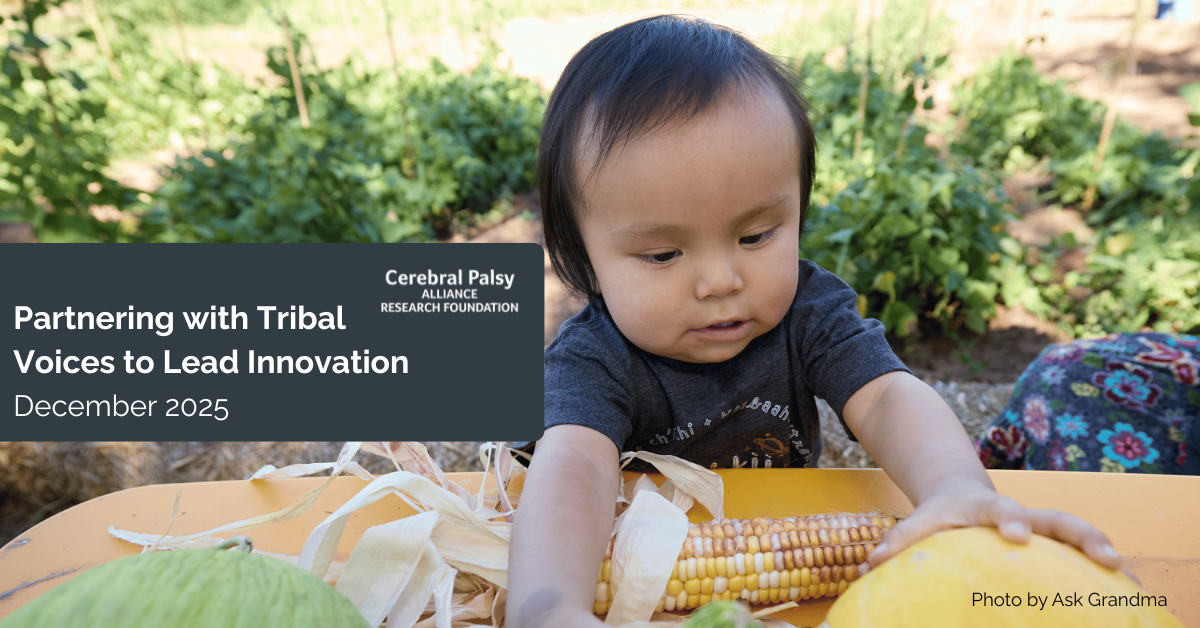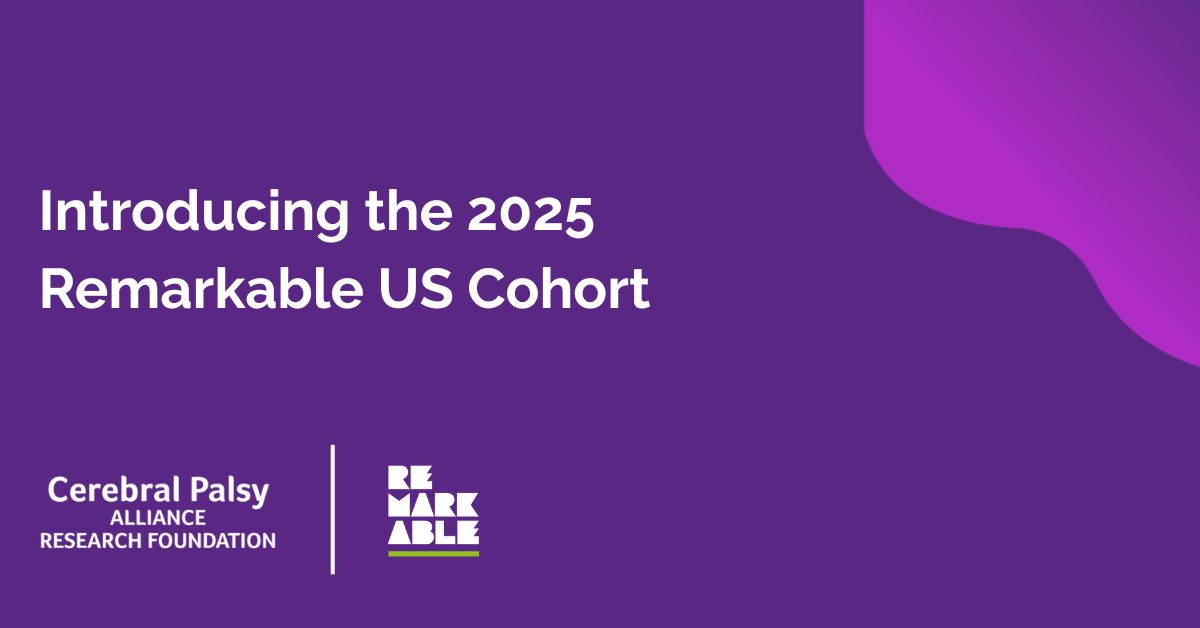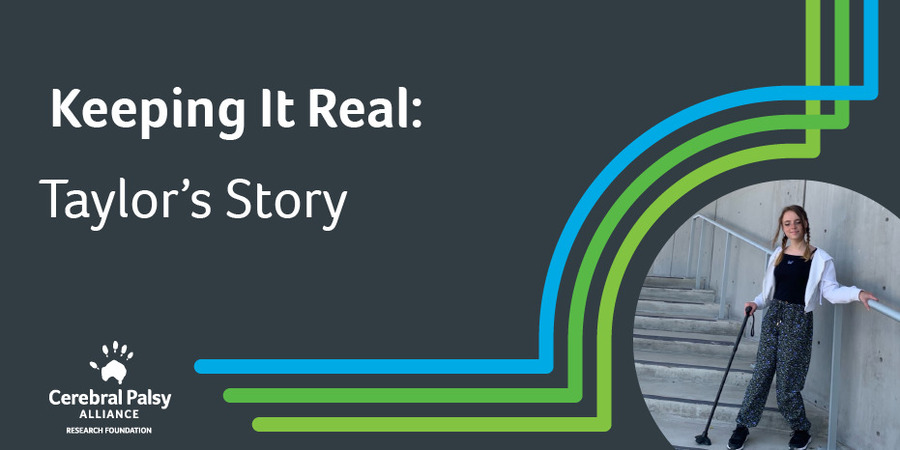
KEEPING IT REAL: Taylor's Story*
By Taylor Levin
Ableism, Advocacy & Allyship in the Disability Community
I get it. I really do. People just want to help. They are trying.
When I was seventeen, I volunteered at a dog shelter that had a playground for the pups at the bottom of a hill. One day it began to rain, so I endured the common, almost expected stare of an older gentleman as I trudged up the hill with my purple cane and wonky gait pattern. I can probably guess what he was thinking (because all of these things have been said to me before): poor thing. You’re too young for this. Do you need help?
What I didn’t expect was for this man to wordlessly grab some paper towels, walk up to me and start drying me off. He began at my head, and did not respond in any way when I said, “Oh, I’m okay, thank you,” and proceeded to run the paper towels down my arms when I stepped back. Despite my protests, he continued until he thought his “help” was sufficient and left without a word.
So, how can people help? Though it goes deeper than this, there are two basic rules that can make advocacy and allyship in the disability community a lot easier.
If you aren’t disabled, please don’t make excuses for people like him, because to do that is to make excuses for the pervasive ableist beliefs in our society. Don’t make excuses until you are in high school and your choir director speaks to you as though you are a toddler. Until you are the only student to get a perfect score on the pitch test, at which point he laughs in front of the whole class and says, “No, you didn’t. There’s no way.” Don’t make excuses until your biology professor makes you drop her class because you cannot carry the bags of dirt needed to work in the garden, and promises to fail you if you walk too slowly and are late. Until you have to maintain your composure when she tells you she “made the boy in the wheelchair drop it, too. Don’t make excuses until potential partners either stop talking to you when they find out you are disabled, or directly refuse to help when you ask for it because they insist that you are fine.
Until you know what it feels like to be touched constantly without permission, talked over, presumed incompetent, ignored, not included or forgotten, do not pretend to understand.
Rule #1 for effective advocacy and allyship: don’t pretend you understand. Listen until you do.
If you are not one of the many people with ingrained beliefs that disabled people are less intelligent, less attractive, less capable, or less worthy of being included, and you really do want to help, please ask disabled people what you can do.
God bless the clothing store with a sign that reads, “We care about our disabled customers! If you need help, please ask a shop assistant inside,” but does not have a button that automatically opens the very heavy doors. We cannot be included if we cannot get in.
Rule #2 for effective advocacy and allyship: do what you can to make every location/event accessible. In order to do this, ask disabled people what they need. This also applies to individuals who might appear to be struggling. Ask disabled people what they need.
There are so many more nuances around effective allyship in the disability community and fighting ableism, but it starts with understanding that disabled people are people who live unique, complex lives — just like everyone else.
All each of us wants is to be treated like a person.
Follow Taylor's journey with adaptive fitness and disability awareness on Instagram @tlev_fitness
*Taylor's story is part of KEEPING IT REAL — a series of personal stories that will take you deeper into the lives of people with CP. Each person makes different choices based on what works for them, and we’ll showcase that — highlighting what life is like for them on a daily basis, what they care about, and the ways CP impacts them.
The KEEPING IT REAL blog is intended solely to raise awareness about the varied human experience with cerebral palsy and shouldn't be read or construed to contain any medical advice or medical endorsement by Cerebral Palsy Alliance Research Foundation. Only you and your doctor know what's best for you. Please consult your doctor for medical advice.
Fri 05 Dec 2025
An update on one of our most important initiatives: expanding access to life-changing assistive technology for Native Americans with disabilities.
Mon 08 Sep 2025
We’re proud to share that CPARF’s 2025 Remarkable US Accelerator cohort kicks off this week! This program supports disability-focused startups that are developing cutting-edge assistive technology.
